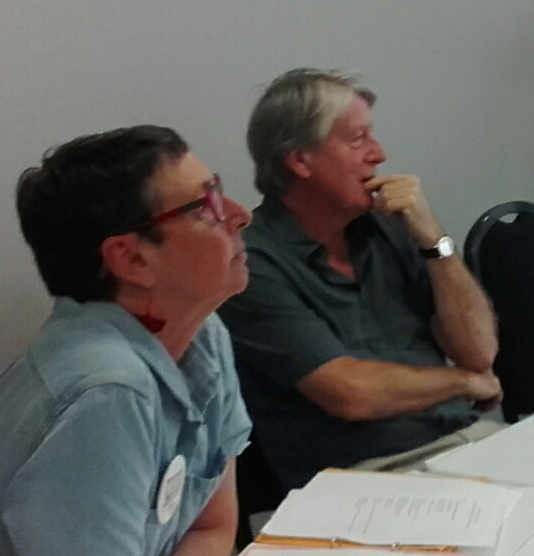Helen introduced our speaker, Tony Payne. Tony is a semi-retired professor of politics at Sheffield University who with Colin Hay has co-written Civic Capitalism, a rejection of Anglo neo-liberalism.

They reject the Thatcherite view that “there is no alternative [to the market economy]”; they also reject the Marxist view of capitalism, that it is global, unreformable, and must be overthrown. Hay and Payne want to occupy the sensible centre, which Payne sees to be increasingly unoccupied.
There are many types of capitalism in different countries and in regions within countries; they must all survive in a globalized world. But there are more possibilities than the neo-liberal model of the past 35 years.
The book was written to put up an alternative to the current model of capitalism, while accepting the reality of global capitalism. They propose 9 key features which must be changed. Civic capitalism is defined as “governance of the market by the state, in the name of the people, to deliver collective public goods, equity and social justice”. Or in other words, “what capitalism can do for us, not what we can do for capitalism”.
There was a more specific reason for the book. Payne knew Ed Miliband’s advisor Stewart Wood. The book was written for the British Labour party to “hang their hat on” at the time of the 2015 election; unfortunately at the election (which Miliband lost) the party took the decision to abandon these kinds of core political policies and go with “retail” policies (by which I think he means “electorally popular”).
So though the book went down well in academic circles it failed in what it had set out to do.
Payne didn’t vote for Corbyn who he thinks would find the book too much of a compromise. Corbyn is a Eurosceptic, still stuck in the 1970s. Meanwhile capitalism has moved on.
